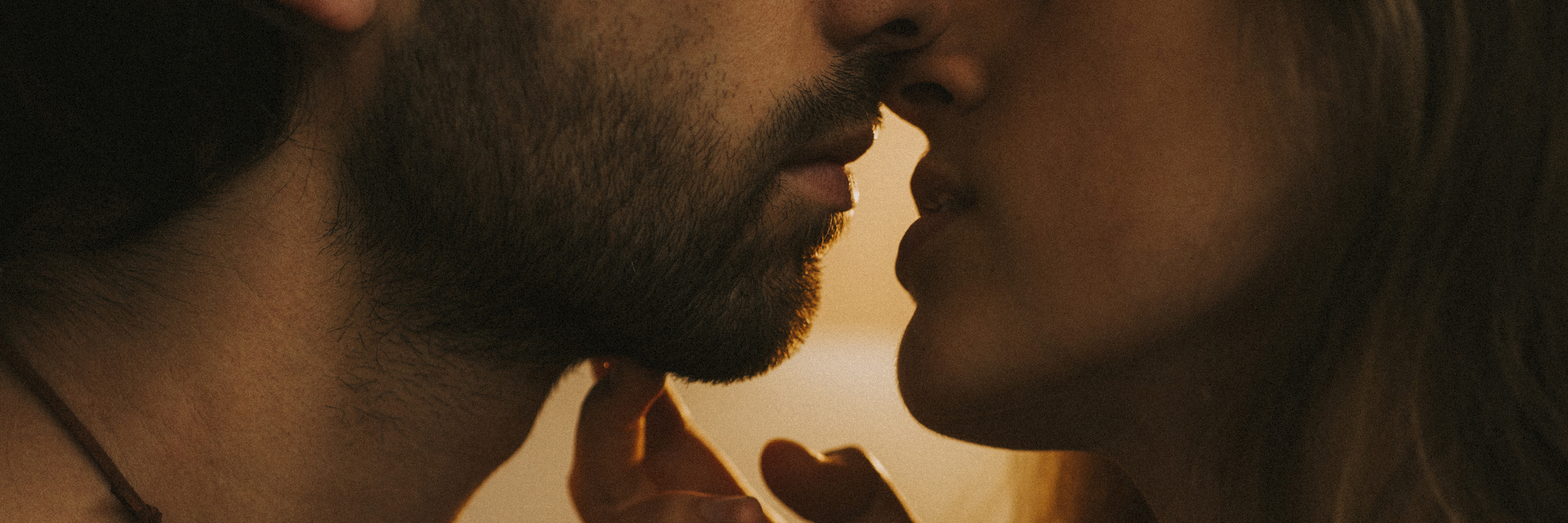Why Hypersexuality Is the Most Difficult Aspect of My Bipolar Disorder
I’ve been living with bipolar disorder for the past 10 years or so and I’ve spent quite a lot of time during those years analyzing the research on it in order to grasp the marked impact this mood disorder has on me and my life. Of course, tips for living with bipolar disorder and treatment options are all useful and significant goals of my personal study as well.
• What is Bipolar disorder?
Recently, I came across a statistic that said bipolar hypersexuality affects about 25 to 80 percent of patients who experience mania. I feel quite certain the generality of that statistic is at least in part significantly related to the shame and embarrassment which shroud the subject. It is certainly an area which implores further study.
I personally experienced hypersexuality several years ago. I was in a period of disequilibrium at the time. My illness was again uncontrolled by pharmacological interventions (it is medication resistant) and my own coping strategies were still weak and ineffective. I spent the better part of six months in and out of a hospital. Some stays were short, others extended. It was during one of my respites at home that I experienced intense hypersexuality. Sex preoccupied me completely. I focused on sex talk when out with friends, flirted with strangers and enjoyed watching pornography. I bought sex toys and masturbated whenever I had an opportunity. None of these behaviors are even remotely typical for me when I’m not in this state.
Blessedly, I’m in a long-term stable marriage with a caring, loving and mostly understanding man. He took time off work to be with me during the worst of this experience. After the weeks of pain and shame I had endured, I still thought naively that if I could just be satisfied, this overwhelming drive for sexual stimulation would end. So, my husband and I tried that too — over and over and over again. Instead of helping, this approach seemed to make me more than exhausted. In desperation, from the bed, we contacted the psychiatrist — an emergency. He offered a strong antipsychotic I hadn’t tried yet. Unfortunately, this didn’t offer any reduction in symptoms. The result: despite my fervent protests, I had to be hospitalized again. Even there, I was forced to endure several more weeks of medication adjustments and daily individual and group psychotherapy before the state of hypersexuality abated completely. The relief I felt was palpable.
During my personal struggle with bipolar, I’ve experienced numerous mood states — some last for short periods, others are much longer. Through the years, as I began to accept my diagnosis, became more comfortable with my medications, attended therapy regularly and strengthened my coping skills. I became less surprised by the inconsistency of my emotional life and more able to handle the unexpected. The hypersexuality state I experienced has remained the most difficult to withstand — the most painful to experience.
Perhaps sharing personal stories and encouraging therapists and psychiatrists to be more open about this subject can go a long way toward helping the bipolar community cope. Furthering the body of research about hypersexuality in individuals with bipolar disorder in an effort to find effective treatment strategies is essential as well. In all situations, we must push aside our embarrassment and share honestly so we may all gain greater understanding and control.
Thinkstock photo via proud_natalia.

